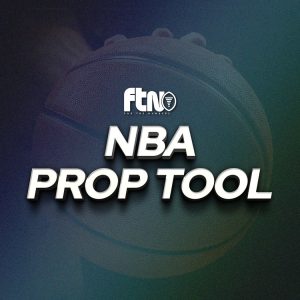
Baseball lends itself to numerical intrigue. There have long been bountiful statistics surrounding the game, and in today’s analytics heavy version of the game, there are more numbers than ever before. Knowing what numbers are meaningful and actionable information that can be ascertained can make all the difference. The margins have never been thinner, and the impact of every discernible edge has never been more pronounced. Here are some of the numbers that jump out at me when taking a look at today’s slate.
1. Six
This is precisely the number of innings that Tony Gonsolin has pitched in each of his last four games. This is notable, as Gonsolin had gone six innings in just one other start to begin the season, and his own individual short leash combined with Dave Roberts reputation for a quick hook had Gonsolin thought of as a 5-and-dive type. But he has shown consistently more length lately, despite the reputation. He’s also struck out exactly seven batters in three of those same four games, so he’s not getting to this extra buildup on low pitch volume alone.
Gonsolin has done all of this while maintaining everything you want to see from a DFS perspective, low BB %, low Barrel % and consistent four-seam velocity with an increased usage of off-speed pitches to keep hitters off balance. He also gets a strong matchup with a depleted White Sox squad that has struggled to provide much offensive thump since losing leadoff man Tim Anderson. While there’s no discount on his DFS price tag at $9,200 on DK, he’s a reliable source of 20+ DK points with upside and a safe floor, which is always valuable from your SP roster spots.
2. 30
This is how many DK points Nathan Eovaldi has put up in each of his last three starts. Those scores are 30, 30, and 30.5, if you’re splitting those sorts of hairs. He’s also Mr. reliable when it comes to hard contact and HR/FB%, so it will be an interesting matchup of his skill set that should get blown up much more frequently than it does, against a struggling Angels squad that will likely be without awful fantasy football commissioner, Mike Trout.
As many red flags as Eovaldi has, he’s managed to figure out a way to be successful, and there’s few better matchups to take advantage of than the downtrodden Angels. A 26% K rate against a 3.9% BB rate is the sweet nectar of fantasy nirvana, and that should be the driving factor here instead of the home-run rate and hard-contact rates that might make you nervous.
3. 30.2%
This is Chris Bassitt’s CSW%, which is a career high and tied for 10th in baseball with Zack Wheeler. Bassitt is thought of as an above-average pitcher who generally has a high floor and won’t often hurt you, but this season he has shown plenty of ceiling as well. He’s using his slider about twice as much as he did last season, and he has shown an increase in his curveball usage as well. All of this has led to increased efficiency, as indicated by the career-best CSW%.
He also gets a matchup with a Padres squad that, outside of Tuesday’s seven-run barrage, has been struggling more often than not, which should be a nice respite from the tough lineups he’s faced in the last four outings. Bassitt has also given up 11 HRs already in his 11 starts this season after giving up only 15 in 27 starts last season, so he’s probably due for some regression toward keeping the ball in the yard a bit more. Nothing from his underlying metrics would suggest the increased HR rate is due to a change in skill set or a deterioration in overall ability.
4. .182
That is the Yankees’ ISO so far this season, and it not only leads the league, but it’s even higher than the last time I wrote them up for the Diamond Data piece. This team can hit, and now they have Giancarlo Stanton back in the lineup. They also get a matchup with a very beatable Chris Archer, who has only an 18.6% K rate, and is giving up a good amount of hard contact (34.7%) as well as showing more fly-ball tendencies in his advanced age (he is 33 now after all).
While Archer has only given up six home runs on the season and likely has benefited from the changes to the baseball itself being a bit less live, we should see some fireworks today. It’s no surprise that the Yankees’ team total is one of the highest on the board, and despite how expensive they are to stack, they should be prioritized.
5. 8.5%
That would be Antonio Senzatela’s K% so far this season. Not just sub-20%, but sub-10%. It is truly difficult to strike out that few hitters and continue to be a big league pitcher. He also doesn’t walk many hitters, with only a 4.8% BB rate, so the ball will be put in play. He is only generating 11.3% soft contact, so odds are it will be put in play sharply.
All of these things, plus the Giants’ ability to optimize for platoon split advantages, should indicate that San Francisco may be an option for a low-owned stack to take advantage of, with the masses not really seeing Oracle Park as a particularly friendly offensive environment. That would fail to take into account the pitcher serving up the meatballs.
6. 33
This is the number of foul balls the Rockies hit against Carlos Rodón, which was roughly 33% of his pitches thrown. That is insane, and it led to an abbreviated outing in which he spent 98 pitches getting through only four innings of work. In turn, a lot of pressure was placed on an already heavily worked Giants bullpen that was not up to the task, surrendering the lead in short order on a Charlie Blackmon three-run bomb that was the decisive blow in a 5-3 contest. All of that to say, much will be expected of Alex Wood in tonight’s game.
While Wood is yet to have a truly dominant outing, he has thrown 90+ pitches in each of his last two outings, and he has managed a solid if unspectacular 23.7% K rate against a similarly solid but unspectacular 7.1% BB rate. But the Giants don’t just need him to be solid, they need him to be outstanding, and they need him to provide length. Fortunately a home matchup against the Rockies should have every opportunity to do just that. This could very well be his first outing of the year of 6+ innings, which should put him in line for the win as a -218 favorite going up against a gas can.
7. .194
Reid Detmers doesn’t have enough innings under his belt to be a qualified pitcher, but if he did, he’d have the second-lowest BABIP (of .194, obviously) in all of baseball. This is lower than Justin Verlander, lower than Nestor Cortes, and lower than everyone besides… Triston McKenzie. We don’t exactly think of Detmers as a guy who blows people away with his four-seamer, and while his batted-ball profile does limit hard contact, there’s still a fair amount of barrels and medium contact mixed in. One would think things will end up trending more toward Detmers suffering some consequences of hard-hit balls, especially missing two premium defenders in Anthony Rendon and Mike Trout. The Red Sox also have a .177 ISO against LHP, so they are primed to take advantage of Detmers’ lucky streak running out soon.










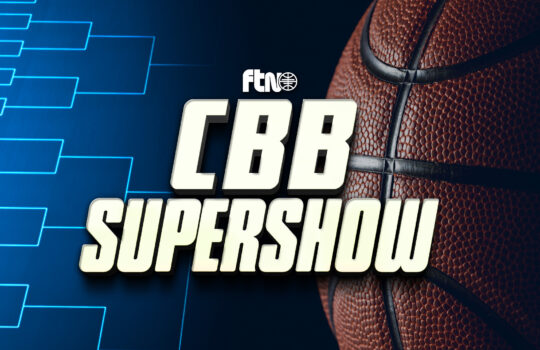

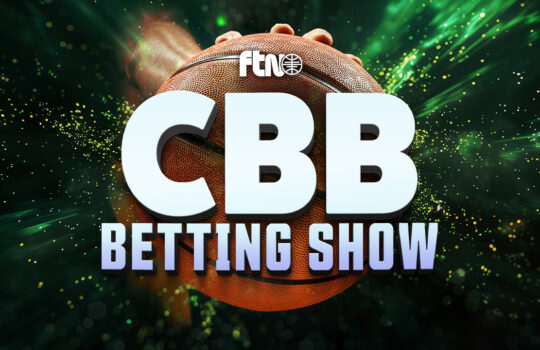





















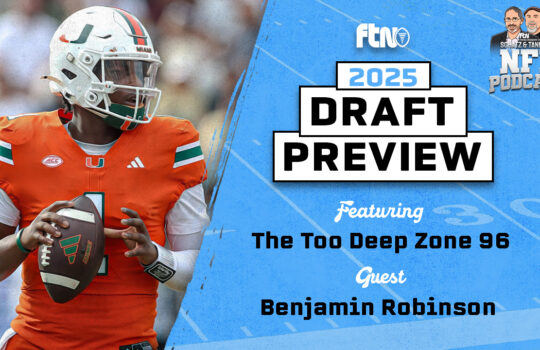
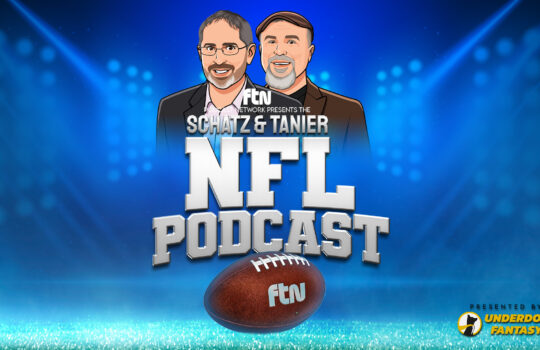





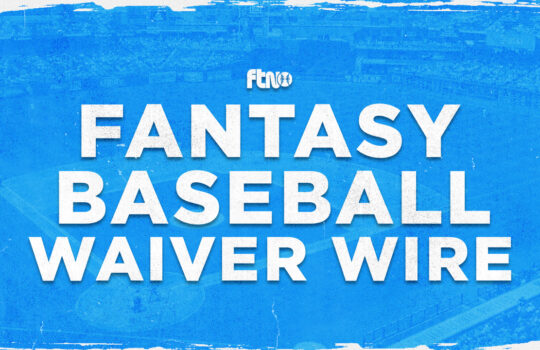



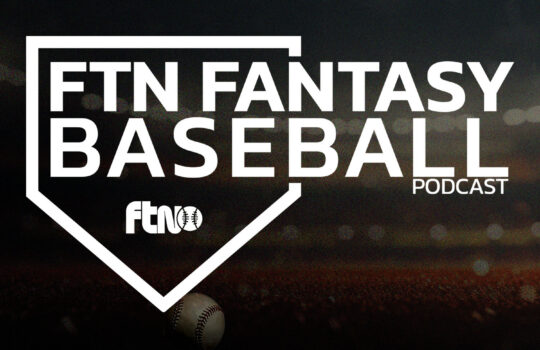

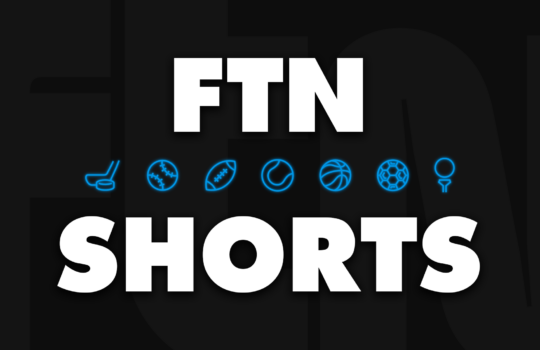
 New York Jets
New York Jets  New England Patriots
New England Patriots  Miami Dolphins
Miami Dolphins  Buffalo Bills
Buffalo Bills  Pittsburgh Steelers
Pittsburgh Steelers  Cleveland Browns
Cleveland Browns  Cincinnati Bengals
Cincinnati Bengals  Baltimore Ravens
Baltimore Ravens 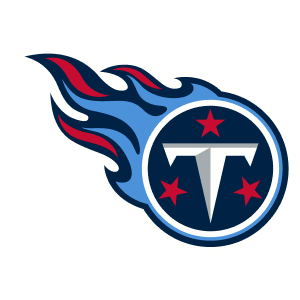 Tennessee Titans
Tennessee Titans  Jacksonville Jaguars
Jacksonville Jaguars  Indianapolis Colts
Indianapolis Colts  Houston Texans
Houston Texans  Las Vegas Raiders
Las Vegas Raiders  Los Angeles Chargers
Los Angeles Chargers  Kansas City Chiefs
Kansas City Chiefs  Denver Broncos
Denver Broncos  Washington Commanders
Washington Commanders  Philadelphia Eagles
Philadelphia Eagles  New York Giants
New York Giants  Dallas Cowboys
Dallas Cowboys  Minnesota Vikings
Minnesota Vikings  Green Bay Packers
Green Bay Packers  Detroit Lions
Detroit Lions  Chicago Bears
Chicago Bears  Tampa Bay Buccaneers
Tampa Bay Buccaneers  New Orleans Saints
New Orleans Saints  Carolina Panthers
Carolina Panthers  Atlanta Falcons
Atlanta Falcons  San Francisco 49ers
San Francisco 49ers  Seattle Seahawks
Seattle Seahawks  Los Angeles Rams
Los Angeles Rams  Arizona Cardinals
Arizona Cardinals 
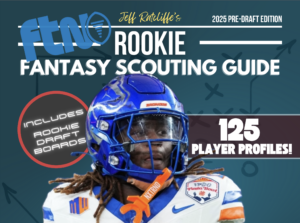





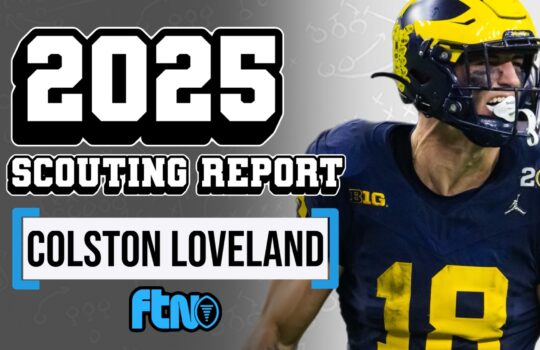



 Boston Celtics
Boston Celtics  Brooklyn Nets
Brooklyn Nets  Philadelphia 76ers
Philadelphia 76ers  New York Knicks
New York Knicks  Toronto Raptors
Toronto Raptors  Chicago Bulls
Chicago Bulls  Detroit Pistons
Detroit Pistons  Milwaukee Bucks
Milwaukee Bucks  Cleveland Cavaliers
Cleveland Cavaliers  Indiana Pacers
Indiana Pacers  Orlando Magic
Orlando Magic  Atlanta Hawks
Atlanta Hawks  Charlotte Hornets
Charlotte Hornets  Miami Heat
Miami Heat  Washington Wizards
Washington Wizards  Denver Nuggets
Denver Nuggets  Minnesota Timberwolves
Minnesota Timberwolves  Oklahoma City Thunder
Oklahoma City Thunder  Portland Trail Blazers
Portland Trail Blazers  Utah Jazz
Utah Jazz  LA Clippers
LA Clippers  Golden State Warriors
Golden State Warriors  Los Angeles Lakers
Los Angeles Lakers  Phoenix Suns
Phoenix Suns  Sacramento Kings
Sacramento Kings  Dallas Mavericks
Dallas Mavericks  Houston Rockets
Houston Rockets  Memphis Grizzlies
Memphis Grizzlies  New Orleans Pelicans
New Orleans Pelicans  San Antonio Spurs
San Antonio Spurs 



